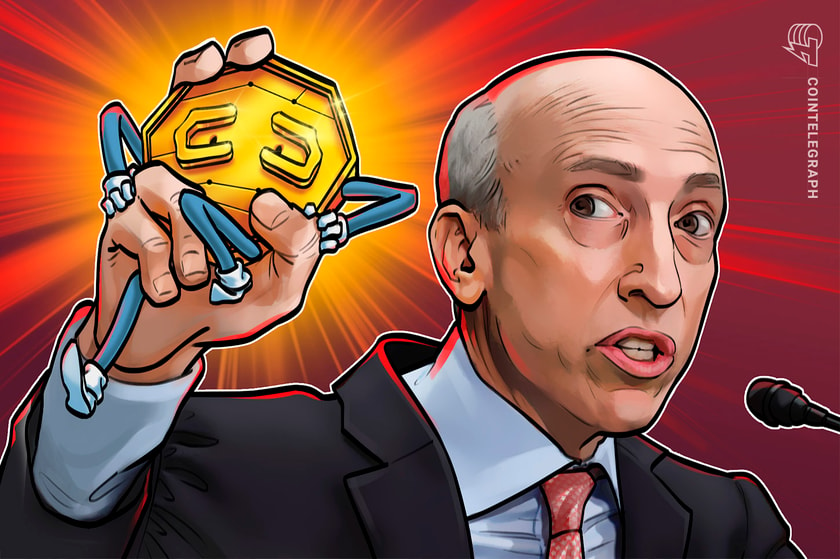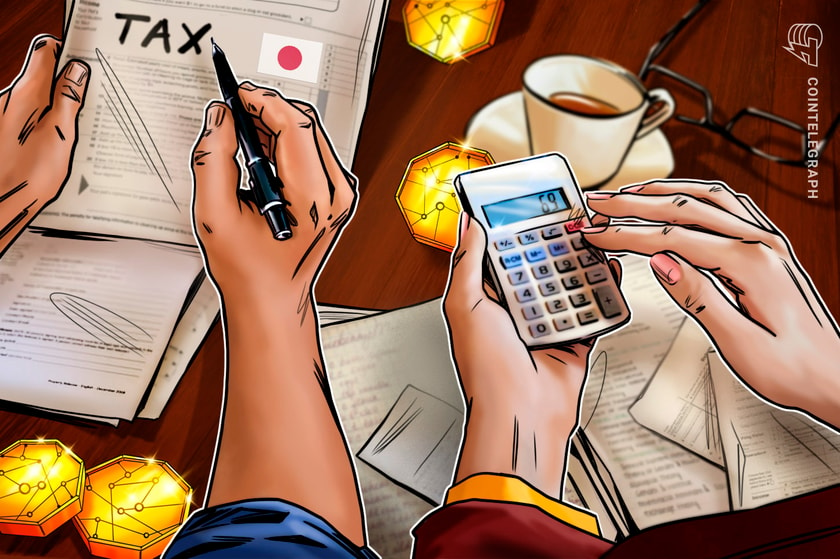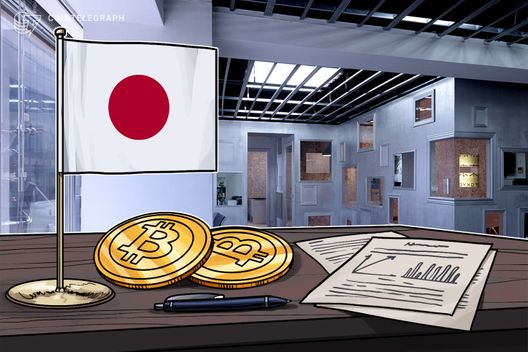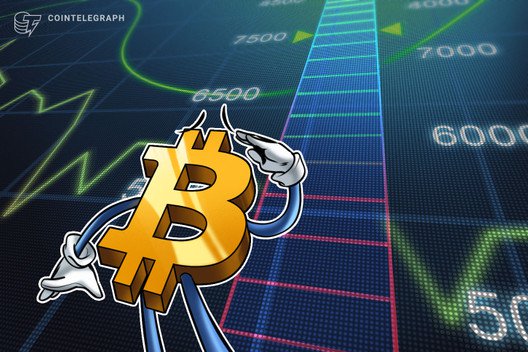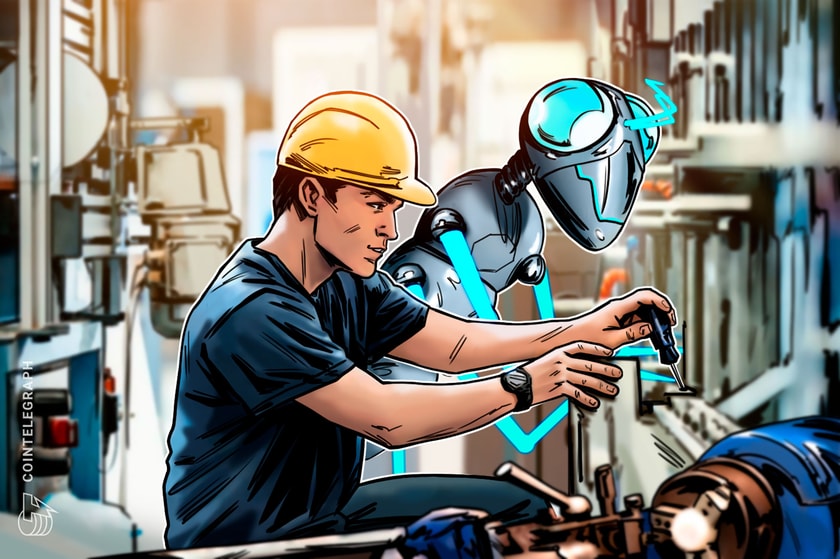Philippines Blockchain Council exec sees crypto adoption ‘snowballing’
Donald Lim believes blockchain and Web3 projects have the “opportunity to flourish” in the country.
334 Total views
6 Total shares

The Philippines has all the ingredients for mainstream crypto and blockchain adoption, according to Donald Lim, the founder of the Blockchain Council of the Philippines (BCP).
In an interview with Cointelegraph, Lim shared his thoughts on the country’s potential for crypto adoption and explained why he believes blockchain projects can potentially succeed within the country.

Lim told Cointelegraph that as the BCP recognized that the world was moving toward Web3, it organized an event called the Philippine Blockchain Week and found that there’s an entire ecosystem in the country looking to “find their place in the world.” He explained:
“We feel very strongly that we can be the blockchain capital of Asia. We realized that we have the technical know-how, we’re very young, we have a 25-year median age, and in terms of adoption, we can adapt fast, like what happened with Axie Infinity.”
In 2021, play-to-earn (P2E) blockchain game Axie Infinity became popular in the Philippines. Estimates showed that 40% of the game’s player base came from the developing nation. According to Lim, this introduced a lot of Web3 concepts into the country, such as the creation of crypto wallets.
Related: Axie Infinity player buys two houses in the Philippines from in-game profits
Since then, the BCP executive said there’s been a lot of interest from global players to set up their projects in the country. “We saw that around the world, there are a lot of the international organizations that have been wanting to penetrate the Philippines,” Lim said.
According to the executive, these organizations could flourish in the country not just because of the demographics, but also because of the government’s stance on crypto and blockchain. He explained:
“We have an open government, I would say. We don’t have a government that’s been wanting to shut us down. And therefore, we feel that any blockchain project or Web3 project has all the opportunity to flourish in the country.”
On June 8, Cointelegraph spoke with Ethan Rose, founder of Pouch — a wallet service that supports the Bitcoin Lightning Network in the Philippines. According to Rose, they’ve managed to onboard over 400 businesses in the country to accept Bitcoin payments.
Despite the recent onboarding of Filipino merchants into Bitcoin and crypto, Lim believes the possibility of living in the Philippines using only Bitcoin (BTC) or crypto is still a long away.
“I don’t think realistically that would happen anytime soon […] but crypto will always be an option,” he said. However, the executive also believes that “it’s only a matter of time before all of these snowballs and into become something bigger.”
The executive stressed that this could happen four or five years down the line once the entire infrastructure matures. This means that crypto will not only be used for payments but also for buying nonfungible tokens (NFTs), going into the metaverse, among other activities.
Magazine: Crypto in the Philippines: Necessity is the mother of adoption

